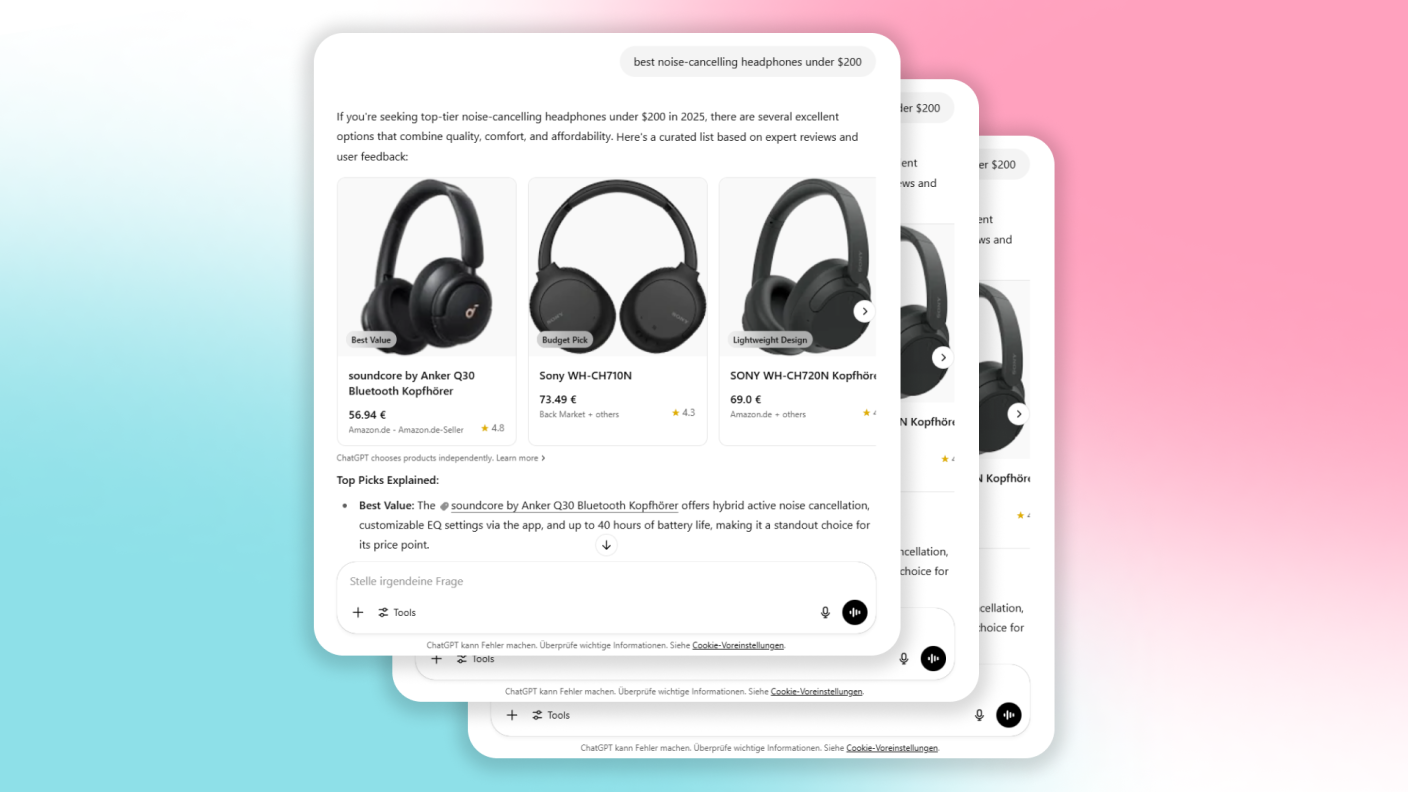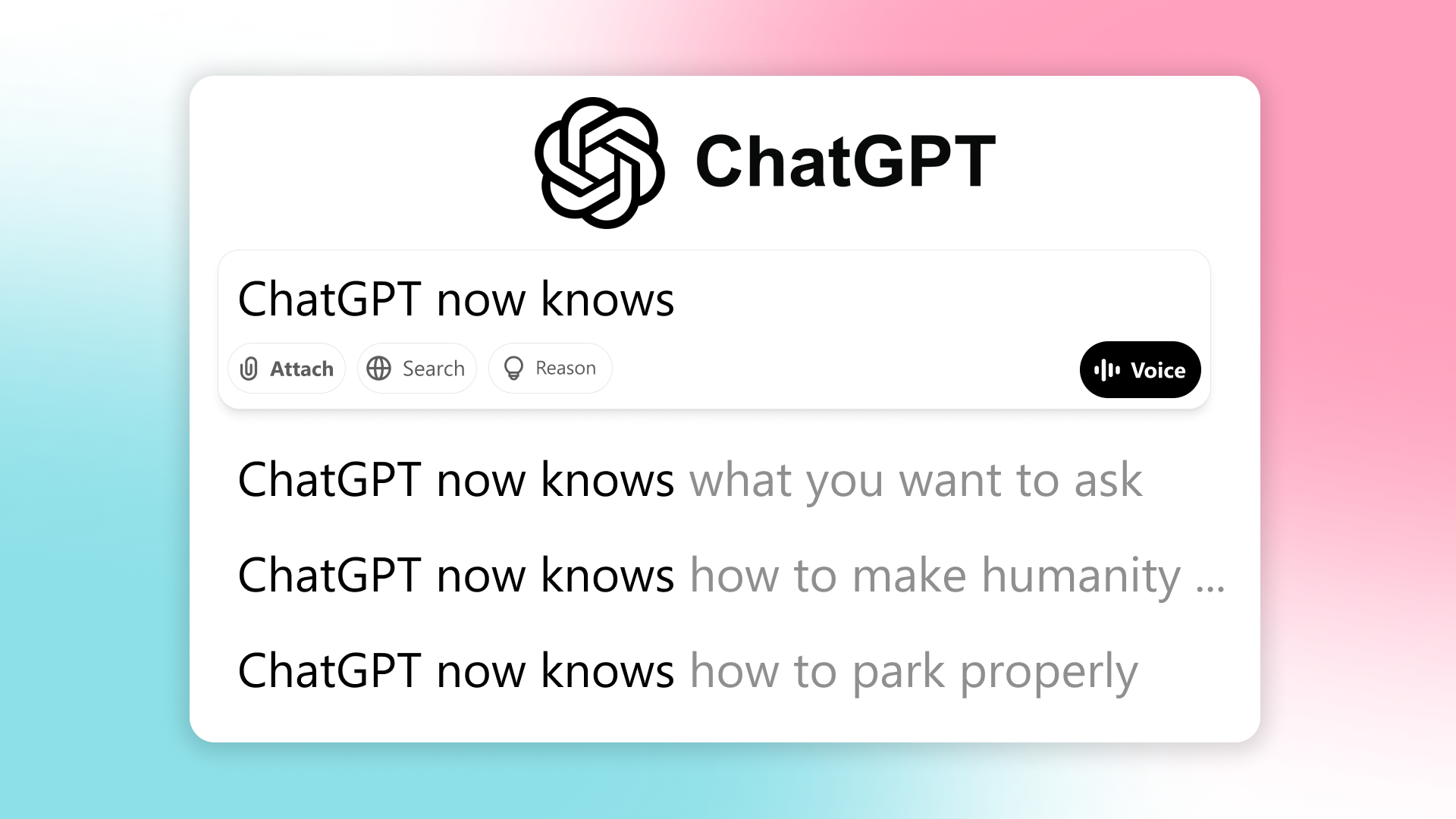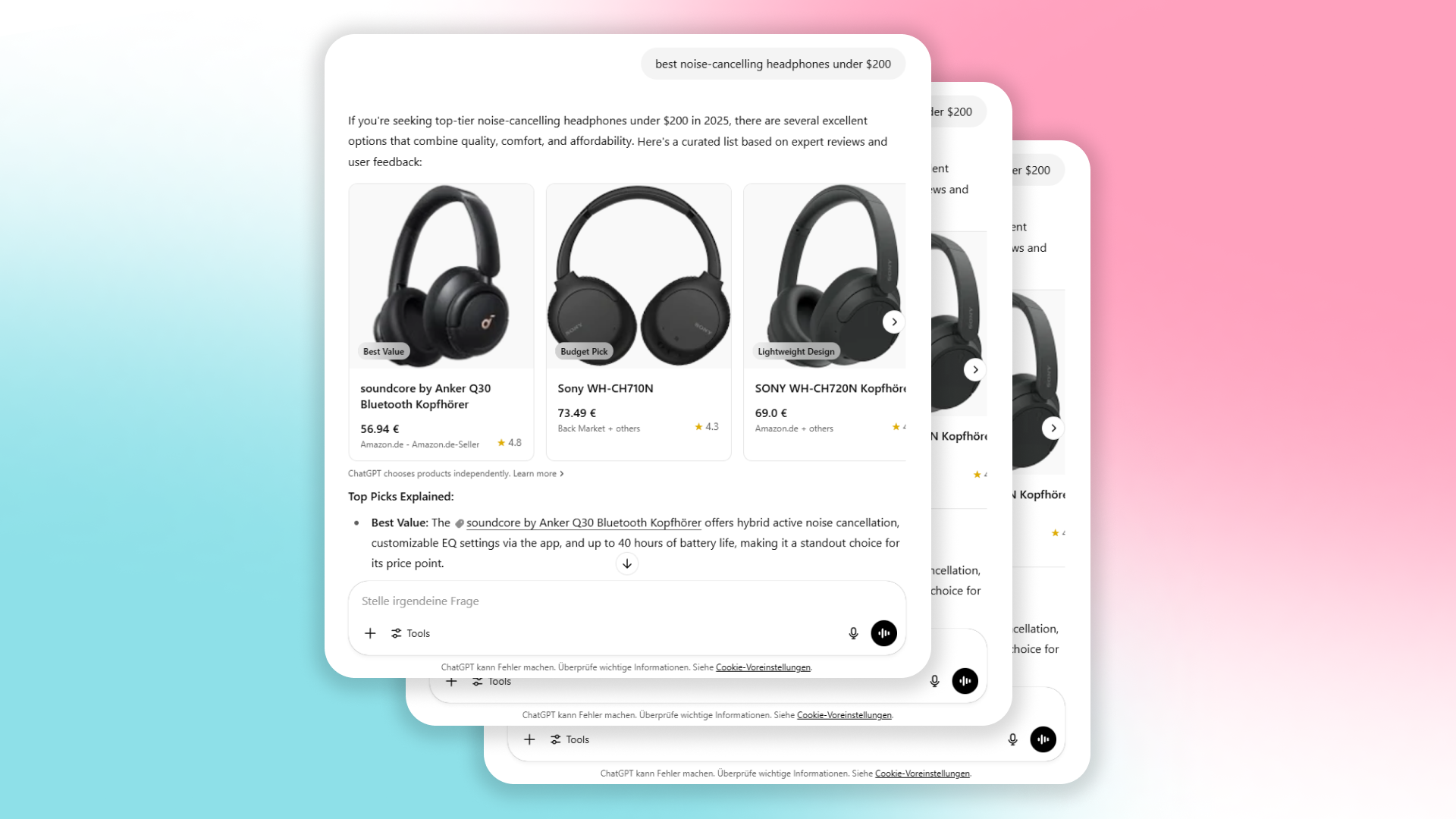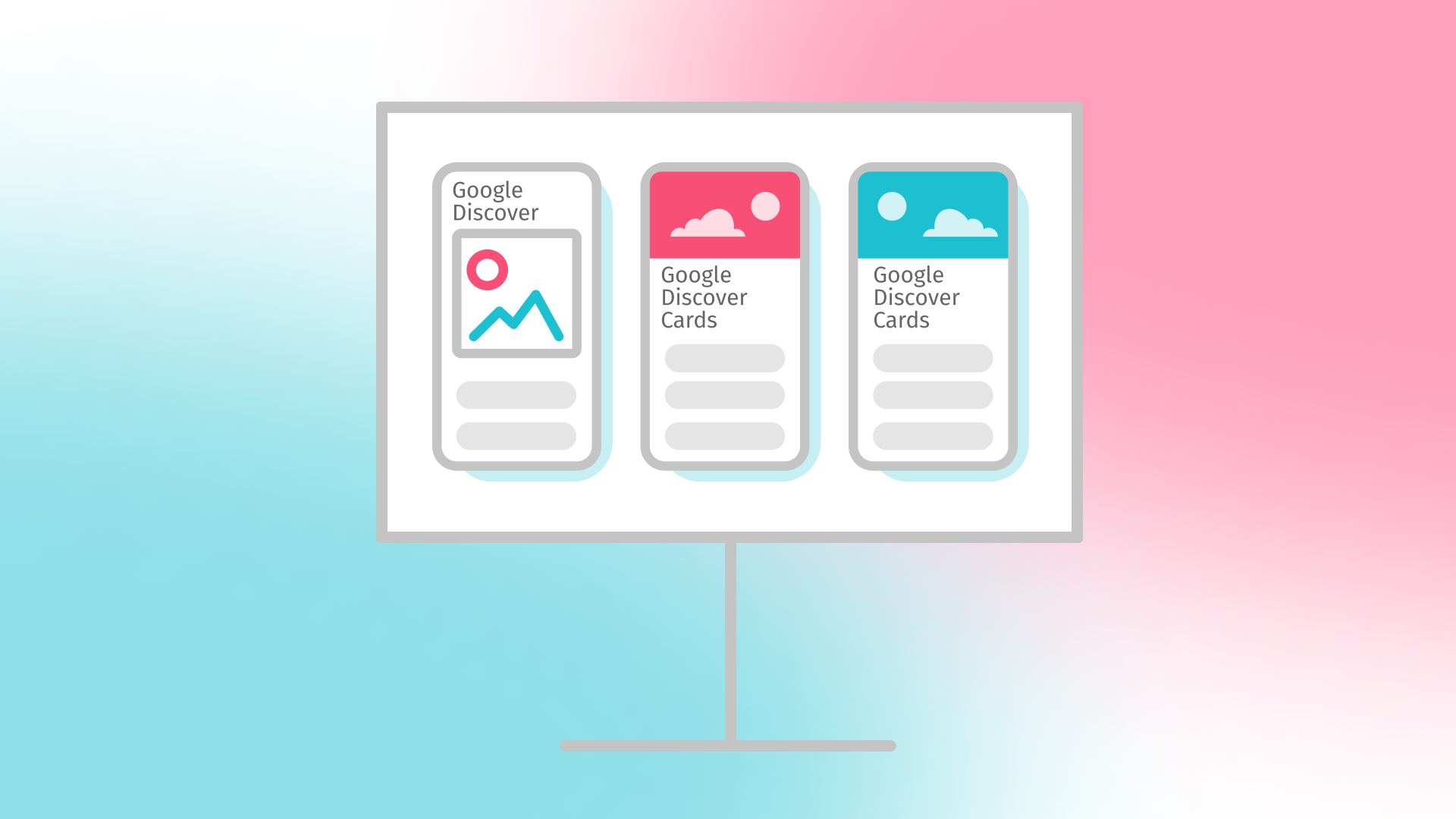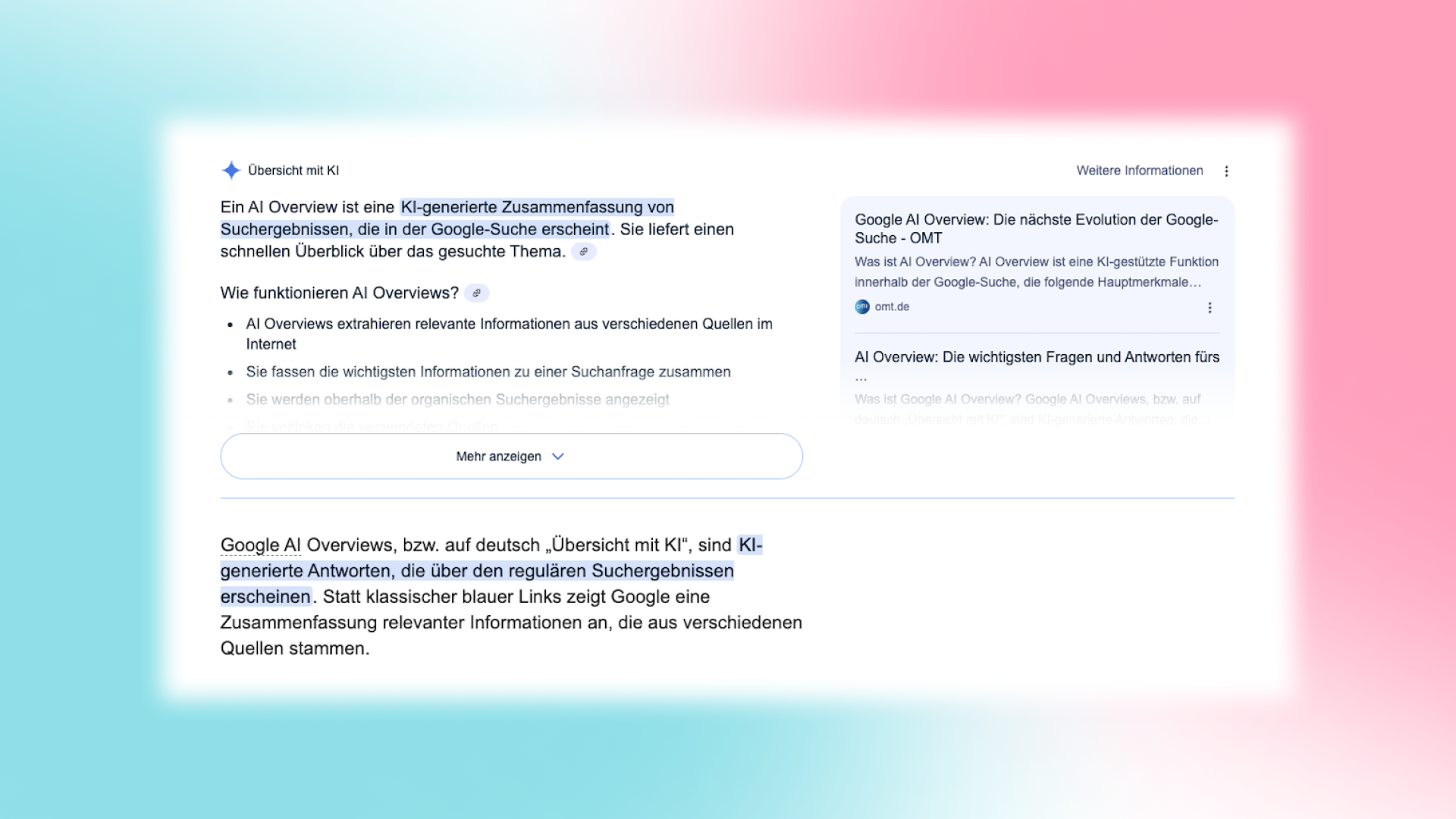In the world of search engine optimization (SEO), there are numerous concepts and models that aim to evaluate and improve the quality of web content. One of the central models that has gained in importance in recent years is EEAT. But what is behind this acronym and why is it so important for SEO?
What does EEAT mean?
EEAT stands for Experience, Expertise, Authoritativeness and Trustworthiness. These four factors serve as a benchmark for Google to evaluate the quality and credibility of website content. They help the search engine to differentiate between high-quality and low-quality content and ensure that users receive reliable information.
Experience
This is about whether the author has direct experience with the topic. For example, a product review is more credible if the author has actually used the product. Google prefers articles with personal experiences, tests or case studies, as these increase the authenticity and relevance of the content. This factor plays a particularly important role for travel, technology and product reviews. Those who report from their own experience often offer readers more valuable and practical information.
Expertise
Specialist knowledge is demonstrated by qualifications, certificates or many years of experience in a particular subject area. Especially in medical, financial and technical fields, Google expects content from people with proven expertise. A well-researched article with precise information, sources and expert citations is considered more valuable than superficial and inaccurate content. A clear structure, technical terms and well-founded explanations help to convey expertise.
Authoritativeness
Authority measures the extent to which the author or website is recognized as a leading authority in their field. This can be signaled by citations, references from other renowned websites or a high number of high-quality backlinks. A high authority suggests that the information provided is trustworthy and of high quality. A strong reputation is particularly important in sensitive areas such as health and finance.
Trustworthiness
Trustworthiness is demonstrated by transparency, correct information and a secure technical infrastructure. Websites with clear contact information, data protection guidelines and SSL encryption are rated as more reliable. External factors such as positive reviews and reputable sources also contribute to credibility. Transparent communication and a professional appearance further strengthen trust.
The Difference Between EAT and EEAT
Google originally used the EAT model, which stood for Expertise, Authoritativeness and Trustworthiness. In December 2022, Google added the experience factor to its quality guidelines, resulting in the EEAT model. This expansion emphasizes the importance of personal experience in the creation of content and is intended to ensure that users receive not only theoretically sound, but also practical and authentic information.
The Quality Standards in Relation to YMYL
YMYL stands for “Your Money or Your Life” and covers topics that have a potentially significant impact on people's finances and health. In these areas, Google attaches particular importance to high quality standards, as incorrect or misleading information can have serious consequences for users. Websites that cover YMYL topics should therefore ensure that their content is created by experienced and knowledgeable authors and is of the highest trustworthiness. These high standards often also apply to sites dealing with politics, law, news and religion.
Is EEAT a Google Ranking Factor?
EEAT is not a direct ranking factor in the Google algorithm, but an evaluation guideline for the quality of content. Google analyzes various signals such as the reputation of the author, the quality of backlinks or user reviews to assess the trustworthiness and expertise of a page. Pages with a strong EEAT have a better chance of appearing high up in the search results, as Google prefers high-quality and trustworthy content. Indirectly, a high EEAT value can therefore contribute to better rankings. Technical aspects such as website accessibility can also have an indirect impact on SEO and user retention.
More Visibility in Google Discover with EEAT
The EEAT criteria not only play a decisive role in Google Search, but also in Google Discover. The personalized feed shows users content based on their interests and search behavior - without them having to actively search for it. Google focuses less on keywords and more on the content quality and relevance of a website.
To be visible in Google Discover, expertise, authority and trustworthiness are particularly important. The experience factor is particularly crucial, as Google prefers to display content that is based on real experiences. If you want to optimize your website for Google Discover, you should focus on high-quality content, strong brand authority and regular updates.
Tip: We can also tell you how to customize your Discover feed or track Discover traffic in Google Analytics to better analyze the performance of your content. We also offer you an even deeper insight into the world of Google Discover in our webinar.
Also: On April 9, 2025, Google announced that the Discover Feed is coming to the desktop.
The Search Quality Evaluator Guidelines
The Search Quality Evaluator Guidelines are a manual from Google that is used by so-called Quality Raters to evaluate the quality of search results. The guidelines explain how Google applies the EEAT criteria to evaluate content. Although the Quality Raters' assessments do not directly influence the ranking, they provide valuable insights. These help Google to continuously optimize its search algorithms and ensure that search results remain high quality and relevant.
Effects of the Google Core Update
Google has carried out several core updates in recent years, in which the weighting of EEAT has been increasingly taken into account. Websites that show deficits in these areas can lose visibility as a result of these updates. For this reason, it is essential for website operators to continuously work on optimizing their EEAT values in order to secure their position in the search results in the long term.
Can AI-generated content fulfill the EEAT criteria?
AI-generated content can only fulfill the EEAT criteria to a limited extent. The experience aspect in particular is difficult for artificial intelligence to realize. While AI tools are able to generate informative texts, they often lack the personal experience that human authors bring to the table. However, the generated content can be helpful in many ways - as long as it is checked and revised by an expert. Here, particular attention must be paid to the accuracy, relevance and usefulness of the content to ensure that it meets EEAT standards.
Tips for optimizing your website
To optimize your website according to the EEAT guidelines, the following measures can be helpful:
Authors: Present your authors as experts, for example through detailed author boxes with photos and qualifications.
Quality over quantity: Focus on producing high quality content that offers real added value rather than publishing lots of superficial articles.
Trustworthy sources: Link to reputable sources and cite them correctly. Particular accuracy is required for YMYL topics.
Timeliness: Revise and update your content regularly, especially for rapidly changing topics.
Integrate visual elements: Use images, videos and infographics that emphasize your expertise and enhance your content.
Internal and external links: Link to relevant internal pages and use high-quality external links to increase the authority of your website.
Testimonials and customer reviews: Show feedback and reviews from real users to build trust in your brand.
FAQ pages: Answer frequently asked questions to both help users and show Google that you understand their concerns.
Improve user experience: Make your website user-friendly by providing a mobile version, ensuring an intuitive user experience and optimizing load times.
Build trust: Make sure your website has clear privacy policies and contact information.
Conclusion: The Role of EEAT in SEO
EEAT is a decisive factor for the qualitative evaluation of web content. By optimizing your website according to the EEAT criteria, you can not only improve your ranking, but also strengthen the trust of your users. Our online marketing agency will be happy to help you develop a customized SEO strategy that takes these criteria into account and sustainably increases your visibility. Contact us at info@projx.de for an individual consultation!


